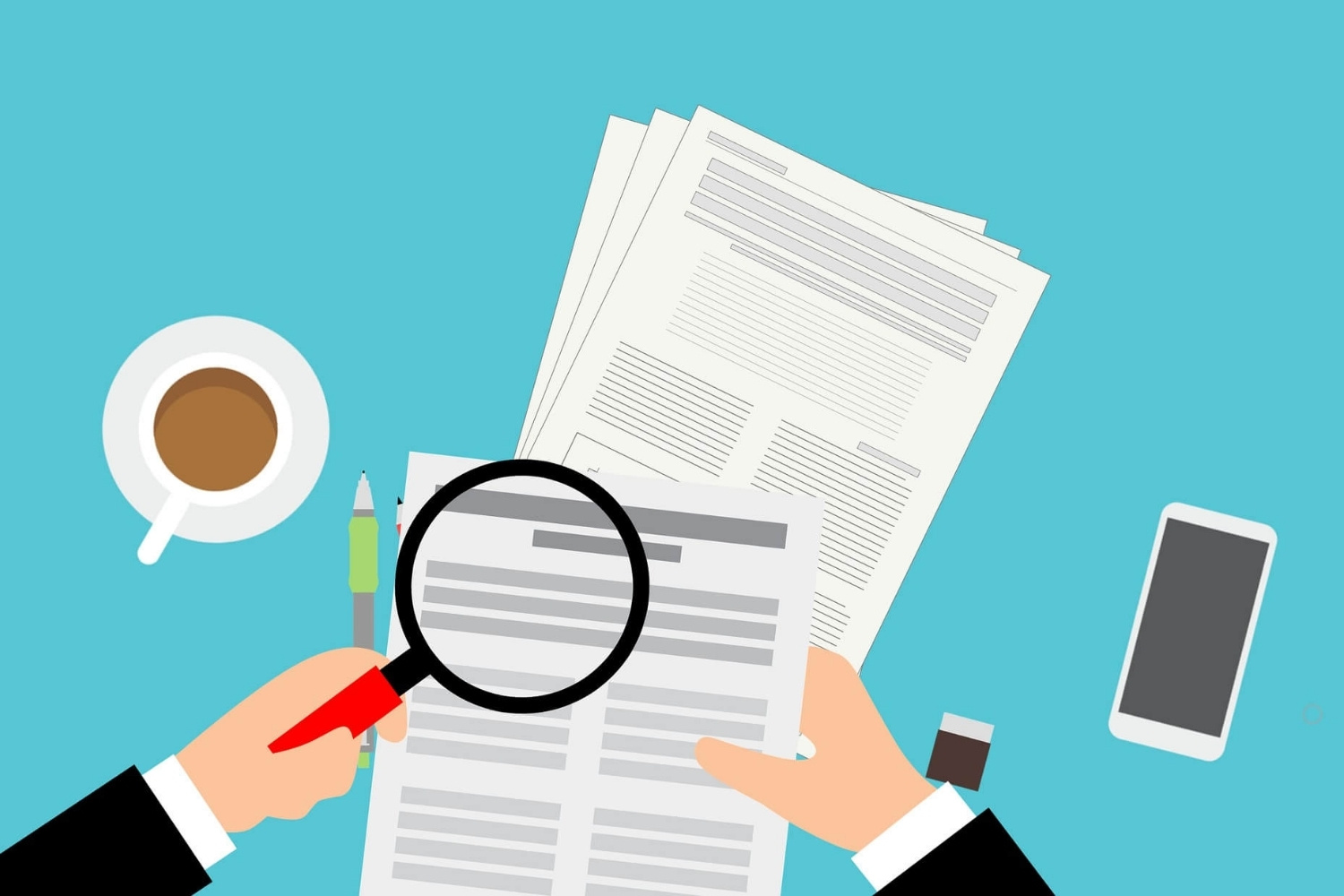
Verification is a term we hear often, but what does it really mean? Verification is the process of confirming the truth, accuracy, or validity of something. Whether it's verifying your identity online, checking the authenticity of a document, or ensuring a product meets certain standards, verification plays a crucial role in our daily lives. It helps build trust, ensures safety, and maintains integrity across various fields. From social media accounts to scientific research, the need for verification is everywhere. In this blog post, we'll explore 27 intriguing facts about verification that will shed light on its importance and impact. Ready to dive in? Let's get started!
What is Verification?
Verification is the process of confirming the accuracy or truth of something. It ensures that information, data, or claims are correct and reliable. Here are some interesting facts about verification:
-
Verification is crucial in scientific research to ensure that experiments and results are accurate and reproducible.
-
In the digital world, verification helps protect against fraud by confirming the identity of users.
-
Verification is used in quality control to ensure products meet certain standards before reaching consumers.
-
Social media platforms use verification to confirm the authenticity of accounts, often marked with a blue checkmark.
Verification in Technology
Technology relies heavily on verification to maintain security and functionality. Let's explore some facts about how verification is used in tech:
-
Two-factor authentication (2FA) is a common verification method that adds an extra layer of security by requiring two forms of identification.
-
CAPTCHA tests are used to verify that a user is human and not a bot.
-
Blockchain technology uses a process called consensus verification to ensure the integrity of transactions.
-
Software developers use verification to check that their code is free of errors and bugs before release.
Verification in Everyday Life
Verification isn't just for scientists and tech experts. It plays a role in our daily lives too. Here are some examples:
-
Banks use verification processes to confirm the identity of customers opening new accounts.
-
Employers verify the qualifications and backgrounds of job applicants during the hiring process.
-
Online shopping platforms verify payment information to prevent fraud.
-
Airlines verify passenger identities before boarding to ensure security.
Historical Facts about Verification
Verification has a long history, evolving over centuries. Here are some historical facts:
-
Ancient merchants used seals and signatures to verify the authenticity of documents and goods.
-
The concept of notarization, a form of verification, dates back to ancient Rome.
-
In the 19th century, telegraph operators used verification codes to ensure messages were transmitted accurately.
-
The first modern passport, a form of identity verification, was introduced in the early 20th century.
Fun Facts about Verification
Verification can be fascinating and sometimes even fun. Check out these interesting tidbits:
-
The Guinness World Records team uses a rigorous verification process to confirm record-breaking achievements.
-
Some video games use verification codes to unlock special features or content.
-
In the world of art, experts use verification to confirm the authenticity of famous paintings and sculptures.
-
Space agencies like NASA use verification to ensure the safety and functionality of spacecraft.
Verification in Media and Journalism
In media and journalism, verification is essential for maintaining credibility and trust. Here are some facts about its role in this field:
-
Fact-checkers verify the accuracy of information before it is published in news articles.
-
Journalists often use multiple sources to verify the details of a story.
-
Media organizations have verification teams dedicated to confirming the authenticity of photos and videos.
-
Verification helps prevent the spread of misinformation and fake news.
Verification in Science and Medicine
Science and medicine rely on rigorous verification processes to ensure accuracy and reliability. Here are some key facts:
-
Clinical trials use verification to confirm the safety and efficacy of new medications.
-
Peer review is a verification process where other experts evaluate scientific research before publication.
-
Medical laboratories use verification to ensure test results are accurate and reliable.
The Final Word on Verification
Verification is crucial in our digital age. It ensures accuracy, authenticity, and trustworthiness in information. Whether it's verifying social media accounts, online transactions, or news sources, the process helps protect against fraud and misinformation.
Understanding the different types of verification, like two-factor authentication and document verification, can help you stay safe online. Always double-check sources and use reliable verification methods to ensure the information you consume or share is accurate.
By staying informed and vigilant, you can navigate the digital world more confidently. Verification isn't just a technical process; it's a vital skill for anyone using the internet today. So, keep these facts in mind and make verification a habit in your daily online activities.
Was this page helpful?
Our commitment to delivering trustworthy and engaging content is at the heart of what we do. Each fact on our site is contributed by real users like you, bringing a wealth of diverse insights and information. To ensure the highest standards of accuracy and reliability, our dedicated editors meticulously review each submission. This process guarantees that the facts we share are not only fascinating but also credible. Trust in our commitment to quality and authenticity as you explore and learn with us.
